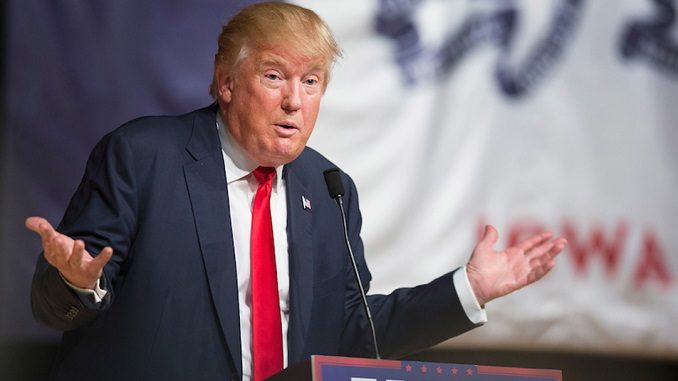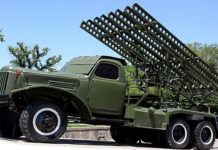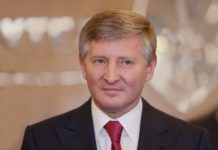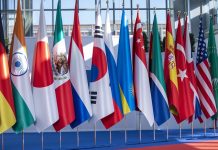President Donald Trump says the US does not know whether Alexei Navalny was poisoned by Russia, despite NATO, the German Government and his own press secretary agreeing that he was the victim of an assassination attempt, ABC reported.
At a White House news conference on Friday (local time), Mr Trump declined to accept the assessment that the Russian opposition leader was attacked with a nerve agent.
“I don’t know exactly what happened,” he said. “I think it’s sad, it’s tragic, it’s terrible, it shouldn’t happen. We haven’t had any proof yet, but I will take a look. It is interesting that everybody’s always mentioning Russia, and I don’t mind you mentioning Russia. We’ll take a look at the numbers and the documents, because we’re going to be sent a lot of documents over the next few days.”
Mr Navalny, a Kremlin critic and corruption investigator, fell ill on a flight to Moscow on August 20 and was taken to a hospital in the Siberian city of Omsk.
He was flown to Germany for treatment more than a week ago, where he has been in an induced coma at a Berlin hospital ever since.
German authorities said tests showed Mr Navalny had been poisoned with a chemical nerve agent from the Novichok group, which is the same Soviet-era poison used on former Russian spy Sergei Skripal and his daughter in England in 2018.
White House press secretary Kayleigh McEnany said earlier in the week that Mr Navalny was the victim of a “reprehensible” poisoning.
Kremlin spokesman Dmitry Peskov insisted Russian authorities still had not received any evidence from Germany to back up the allegation.
“We haven’t received any information so far,” Mr Peskov said. “We hope that it will happen soon and will help figure out what caused the condition the patient is in right now.”
Mr Peskov reiterated Russian specialists in Omsk tested Mr Navalny for poisonous substances and did not find any in his system.
NATO Secretary-General Jens Stoltenberg said there was “proof beyond doubt that Mr Navalny was poisoned using a military-grade nerve agent from the Novichok group”, labelling it an “appalling assassination attempt” and calling on Moscow to answer questions from international investigators.
“The use of such a weapon is horrific,” Mr Stoltenberg said after chairing a meeting of NATO ambassadors during which Germany briefed its allies on developments. “Any use of chemical weapons shows a total disrespect for human lives and is an unacceptable breach of international norms and rules.”
But Russian Foreign Minister Sergei Lavrov said German authorities had stonewalled Russian requests for information.
“We have nothing to hide,” he said. “Our Western partners allow themselves to make arrogant demands in such a tone that suggests that they have nothing but pathos to put on the table.”
Mr Lavrov said the failure to provide information about Navalny’s poisoning could indicate a lack of evidence.












